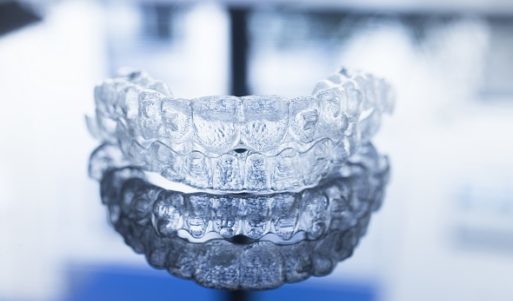 Your smile is important part of your body, and when something is amiss, it will usually find a way to tell you. For instance, if a tooth is at risk of forming a cavity, or already has one, then it will hurt to warn you that it needs your attention. If your gums bleed, then they’re telling you that you have gingivitis, and need to seek treatment as soon as possible to stop it from becoming gum disease. Sometimes, chronic bad breath can also be a warning of dental health trouble, especially if it persists even after repeated attempts to cure it.
Your smile is important part of your body, and when something is amiss, it will usually find a way to tell you. For instance, if a tooth is at risk of forming a cavity, or already has one, then it will hurt to warn you that it needs your attention. If your gums bleed, then they’re telling you that you have gingivitis, and need to seek treatment as soon as possible to stop it from becoming gum disease. Sometimes, chronic bad breath can also be a warning of dental health trouble, especially if it persists even after repeated attempts to cure it.
Common Causes of Bad Breath
Poor Hygiene
Brushing and flossing your teeth every day does more than just keep them beautiful and shiny. In fact, good hygiene’s main purpose is to control the buildup of dental plaque, which results from excessive oral bacteria and can quickly calcify into tartar. When allowed to accumulate, different oral bacteria do different things, from causing tooth decay to inciting gum disease. Some bacteria cling to the surfaces of your tongue, and release foul-smelling gases as they metabolize proteins and nutrients.
Gum Disease
Gum disease starts as gingivitis – an infection in your gums caused by oral bacteria, plaque, and tartar working their way underneath your gums. The more it progresses, the more of your gum tissues the disease will claim, and the more it can cause chronic bad breath as a symptom.
Tooth Infection
Tooth infection, or tooth decay, is progressive, and though it starts as a cavity in your tooth, it can progress into a more severe infection. When it reaches the tissues housed in the tooth’s pulp, decay can spread to the root canals that are connected to it, and an abscess may form on the root or nearby gums. The abscess, or pocket of infection, may burst, resulting in an immediate threat to your oral health and strong, pungent breath.







